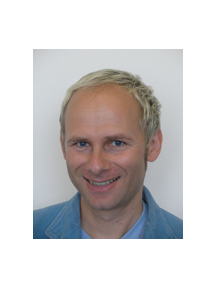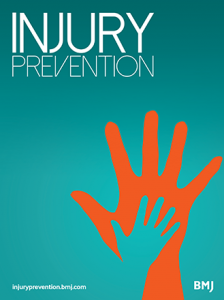 A university in Japan has found a former professor guilty of falsifying and altering images in four published papers, including a 2014 paper about stem cells.
A university in Japan has found a former professor guilty of falsifying and altering images in four published papers, including a 2014 paper about stem cells.
On Dec. 15, Tottori University announced the results of its misconduct investigation, in which the cancer researcher, Norimasa Miura, confessed to altering images in the four papers.
According to the report, which we translated, Miura resigned as associate professor at Tottori University a month before the investigation concluded in October of this year. Miura had already stopped receiving grant and research funding in May, one month into the six-month investigation. Continue reading University in Japan finds cancer researcher guilty of misconduct

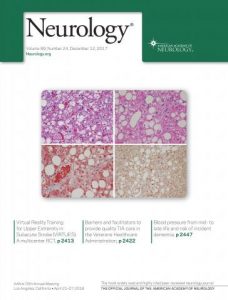
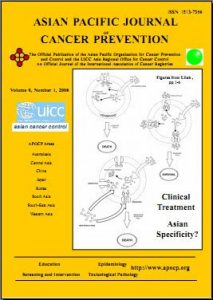

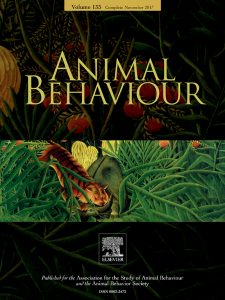
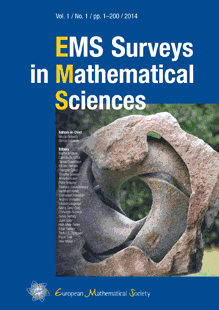 Both editors of a math journal have resigned over the decision to publish a controversial paper, which was apparently made without consulting the editorial board.
Both editors of a math journal have resigned over the decision to publish a controversial paper, which was apparently made without consulting the editorial board. 